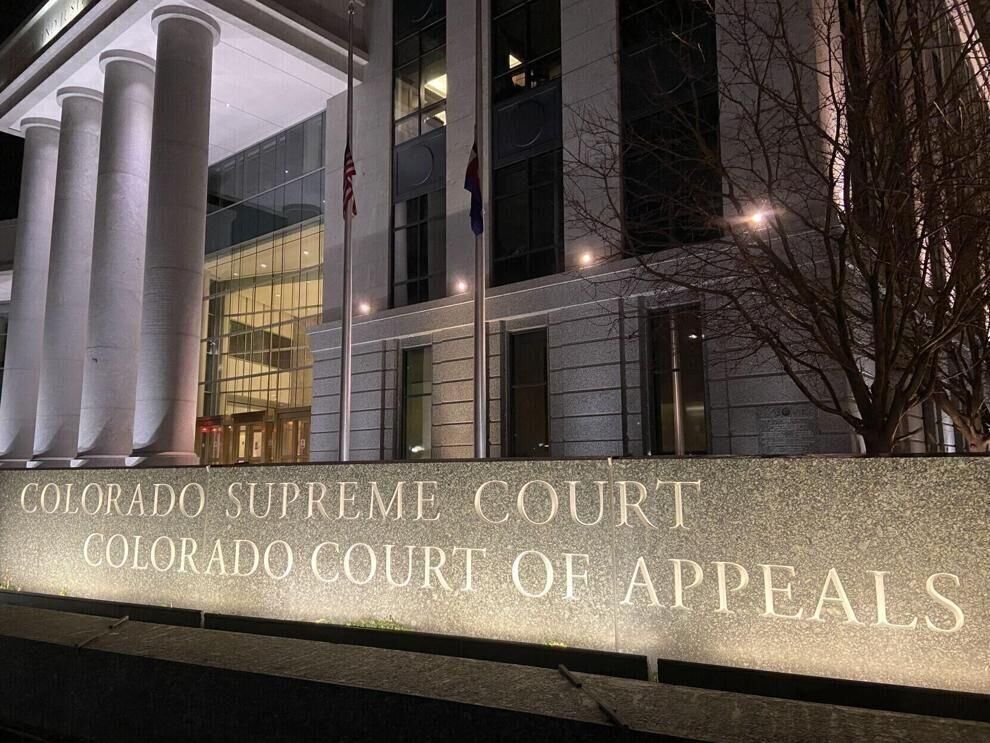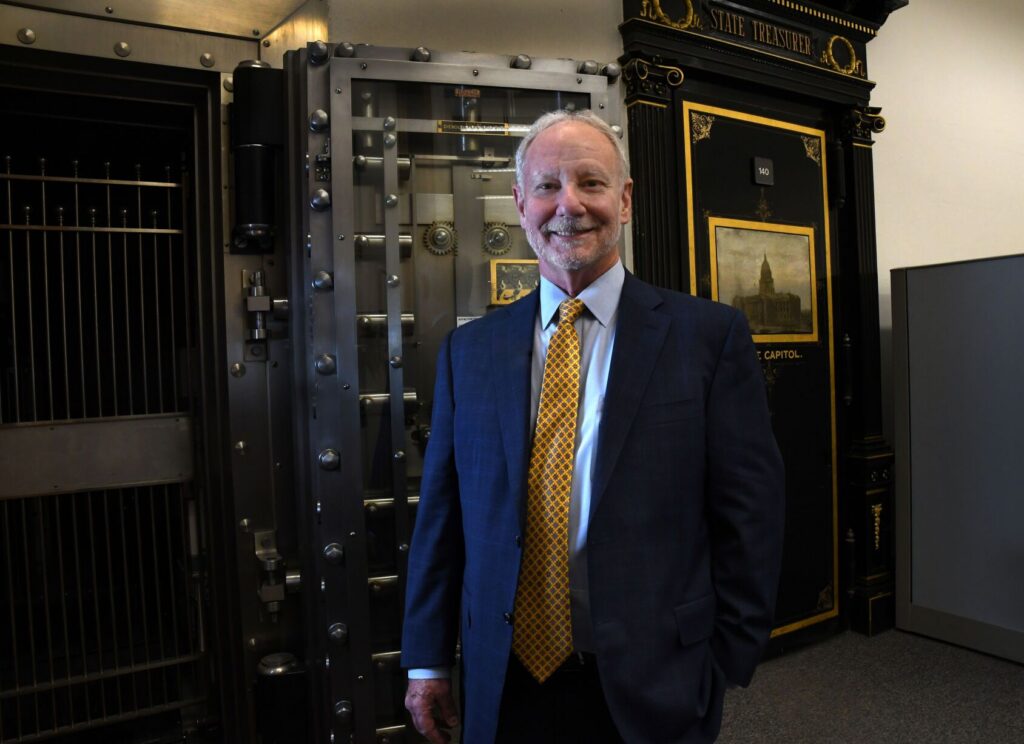Appeals court reverses another Adams County conviction due to faulty analogy

Colorado’s second-highest court on Thursday reversed another defendant’s criminal conviction in Adams County because the trial judge explained the concept of reasonable doubt to jurors using an analogy that lowered the prosecution’s burden of proof.
A three-judge panel for the Court of Appeals deemed it a “close question,” but ultimately ordered a new trial for Tylor Ray McNulty after determining then-District Court Judge Tomee Crespin’s attempt to illustrate reasonable doubt by likening it to a defective home overshadowed her other, correct statements about the threshold for convicting McNulty.
One year ago, the Colorado Supreme Court stepped in and reversed a conviction for the first time due to a judge’s faulty analogy to jurors. The intervention came after the Court of Appeals warned judges for years against giving plain-English explanations of reasonable doubt, but largely declined to find the analogies so problematic as to warrant a new trial.
In Tibbels v. People, which also arose from Adams County, the Supreme Court examined a trial judge’s analogy of reasonable doubt to the crack in the foundation of a “dream” home. The justices believed the analogy established too high of a threshold for acquitting the defendant, akin to discovering a significant building defect. The analogy also implied jurors could proceed with the purchase of a “dream” home – that is, convict the defendant – unless they could see a major crack in the case’s foundation.
In reality, a defendant is innocent until proven guilty.
Since Tibbels, the Court of Appeals has reversed multiple convictions for faulty analogies. All have come from Adams County, which has been the single-largest source of analogy-related appeals in the past two decades.
McNulty stood trial in 2019 for failing to register as a sex offender at a new address. Crespin, the trial judge, repeatedly mentioned during jury selection that it was the prosecution’s responsibility to prove McNulty guilty. She also emphasized jurors would need to find him guilty beyond a reasonable doubt and quoted the legal definition: a doubt based on reason and common sense that would cause people to hesitate in matters important to them.
But then Crespin raised the crack-in-the-foundation analogy.
“You and I are purchasing a home together. This is the dream home,” she told a juror. “The sun is literally only shining on this one piece of property, and it is raining everywhere else in the world.”
She then described a crack in the home and other potential red flags. Crespin asked jurors if they would still buy the house. Several chimed in that they were “still in” or “probably out.”
Later, when questioning jurors individually, the judge interjected the home analogy again.
“Are we buying that house?” she asked one man, who responded in the negative.
“Oh, I don’t know. Maybe. Maybe,” Crespin said.
McNulty appealed, arguing, as the Supreme Court found in Tibbels, that the analogy reversed the presumption of innocence, making it seem as if he was guilty unless there was a “crack” in the prosecution’s case.
“By telling jurors that their decision is no more consequential than buying a house, the court improperly trivialized the prosecution’s burden of proof,” wrote Deputy State Public Defender Sarah Rowlands.
The Court of Appeals panel acknowledged Crespin recited the correct legal concepts to jurors, but had also used largely the same illustration the Supreme Court found problematic in Tibbels.
Although it was a “close question,” wrote Judge Jerry N. Jones in the panel’s Jan. 19 opinion, “there is a reasonable likelihood that the jury applied the court’s comments in an unconstitutional manner.”
Jones elaborated that Crespin had prolonged the analogy, asking multiple jurors whether they were interested in “buying that house.” Some jurors, even after the plain English explanation, still voiced a misunderstanding of the presumption of innocence.
The panel reversed McNulty’s conviction. Addressing another of McNulty’s claims on appeal, the court also believed the original guilty verdict was based on sufficient evidence McNulty had failed to register his current address for at least three months, as required under the law.
The case is People v. McNulty.














